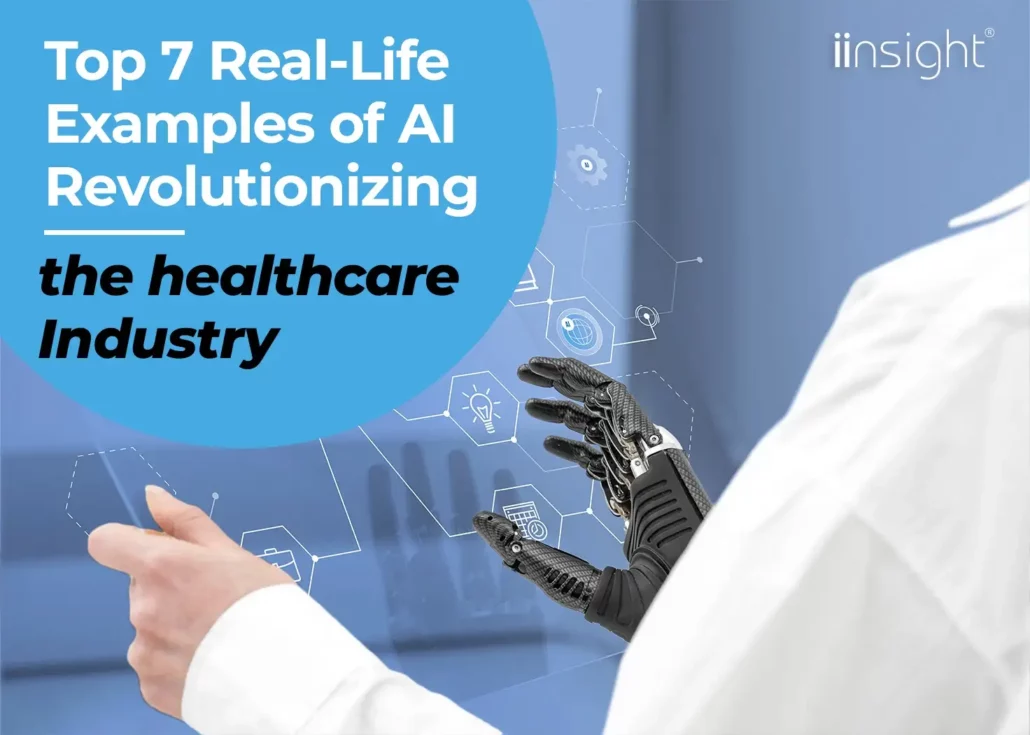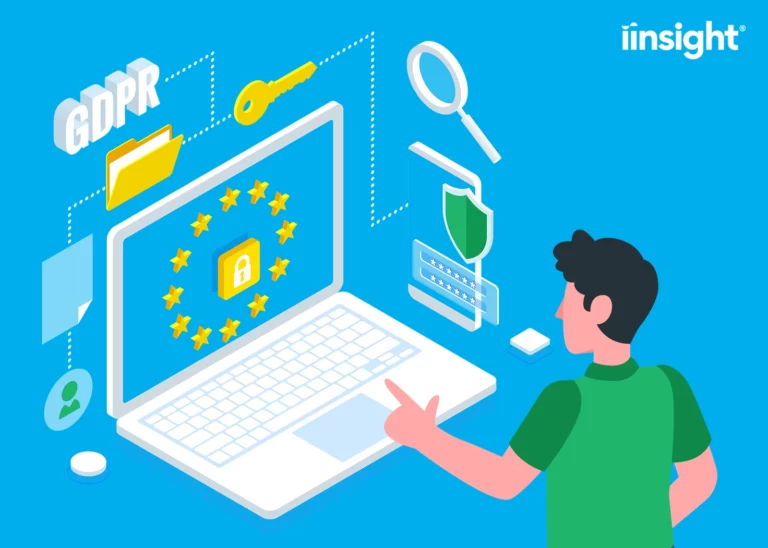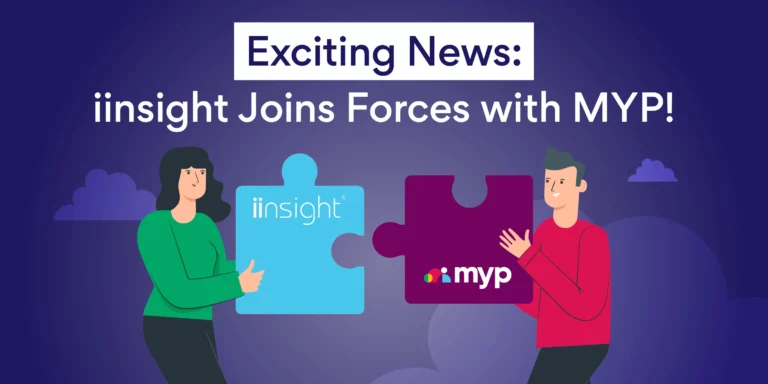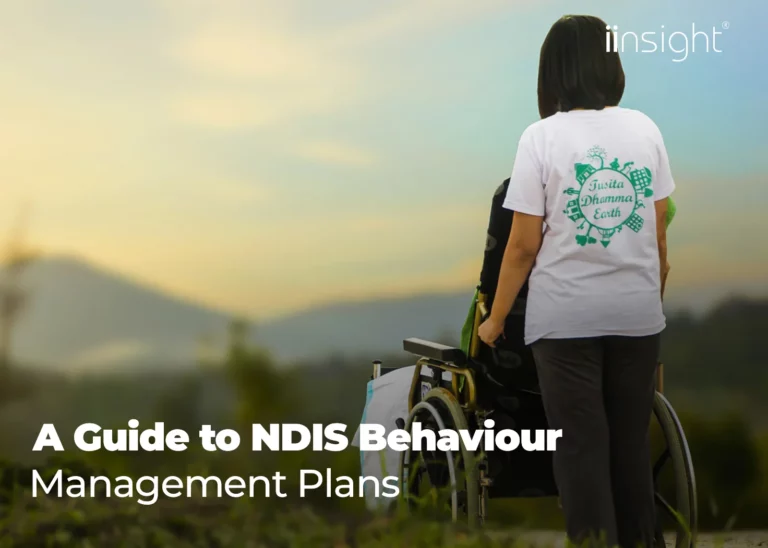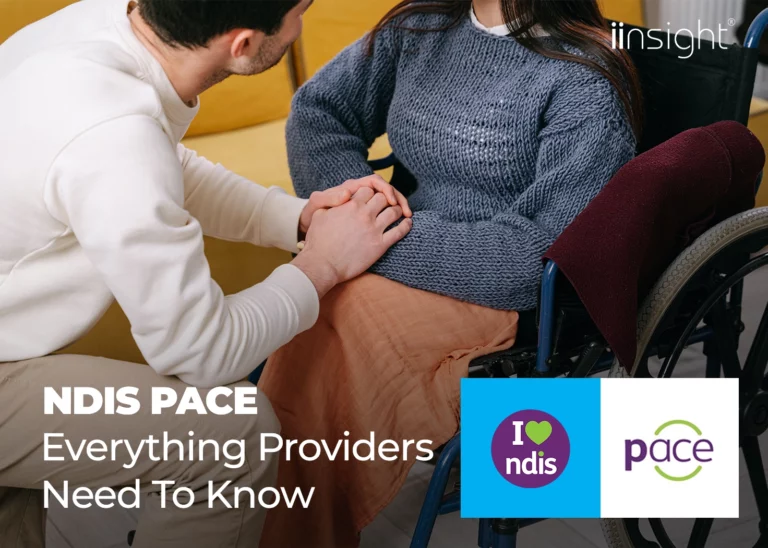In the healthcare industry, the pursuit of progress and innovation in patient care knows no bounds. And a new era has emerged, marked by the incredible possibilities offered by Artificial Intelligence (AI).
It has become seamlessly integrated into healthcare, with the promise of transforming the industry. Diagnostics, personalized treatment, administrative efficiency, telemedicine—the impact of AI is undeniable. It has paved the way for greater accuracy, increased accessibility, and ongoing development.
Unveiling the AI Revolution: Transforming Healthcare through Innovation
This guide explores real-life examples of AI’s contribution to improving diagnoses, personalizing treatments, forecasting patient results, and streamlining administrative workflows. We also examine the progression of telemedicine and remote monitoring and contemplate the ethical considerations that arise from these technological advancements.
The AI revolution is here, and it offers the potential to redefine healthcare for all involved parties, including stakeholders, practitioners, and, above all, patients.
1. From Pixels to Insights: AI’s Role in Early Disease Detection
The journey from illness to wellness often hinges on timely and accurate diagnostics. Enter AI, a force that is changing the realm of early disease detection.
Medical Imaging
Medical imaging is a cornerstone of diagnostics, and it has evolved leaps and bounds from static X-rays. Today, intricate modalities such as magnetic resonance imaging (MRI), computed tomography (CT) scans, and positron emission tomography (PET) scans produce high-resolution images that provide insights into the human body.
However, with these advancements come other challenges—an overwhelming volume of data is generated, often requiring painstaking human analysis. And variability in human interpretation, cognitive biases, and the sheer volume of images can impact the accuracy and efficiency of diagnostics.
This is where AI steps in as a game-changer. Leveraging machine learning algorithms, systems are trained to analyze billions of images in milliseconds. It can detect subtle variations, highlight anomalies, and even predict the progression of certain conditions based on historical data.
So, when a patient undergoes an MRI, the “trained” AI system swiftly analyzes the generated images, flagging areas that might indicate potential health issues. These are presented to the radiologist, resulting in faster and more accurate diagnoses. This enables timely interventions and personalized treatment plans.
This partnership between AI and human expertise doesn’t replace the role of the clinician; it enhances it. The radiologist can leverage AI’s insights to make informed decisions with a higher degree of confidence.
Predictive Analytics
AI also empowers healthcare professionals to delve into predictive analytics. By recognizing patterns across vast datasets, AI can forecast potential illnesses, and clinicians can take proactive measures before symptoms manifest.
The realm of healthcare is no longer limited to pixels on a screen—AI can generate invaluable insights that shape the trajectory of patient care. Technology is paving the way for a future where diseases are anticipated, and interventions are timely and effective.
2. Tailored Therapies: AI’s Impact on Personalized Treatment Plans
AI is also reshaping the landscape of treatment with tailored therapies that align with each patient’s unique genetic makeup, medical history, and lifestyle.
Traditionally, treatment plans are based on generalized protocols, often involving trial and error to find the most effective approach. In contrast, AI analyzes vast datasets of patient information, including genetic profiles and treatment outcomes. Algorithms can identify patterns that lead to optimized treatment strategies.
Consider a cancer patient undergoing chemotherapy. With insights from thousands of similar cases, AI can predict the most suitable regimen, minimizing side effects and maximizing efficacy. Furthermore, AI’s real-time analysis of treatment responses enables quick adjustments to accommodate the body’s unique reactions.
AI’s decision-support tools also consider a patient’s holistic profile. By identifying potential drug interactions and predicting adverse effects, AI elevates the quality of care by eliminating potential risks and improving outcomes.
The age of personalized treatment is upon us. By tailoring therapies to individuals, AI augments the capabilities of healthcare professionals, guiding them toward treatments that are as unique as the patients they serve. The future of healthcare isn’t just reactive—it’s proactive, precise, and individualized.
3. Accelerating Discovery: The Role of AI in Drug Development and Design
The journey from a molecular breakthrough to a life-changing drug is labyrinthine, riddled with seemingly insurmountable challenges. This is why it takes years—sometimes decades—of research. Enter AI, a catalyst that accelerates drug discovery and design, promising to revolutionize the pharmaceutical landscape.
Traditional drug development relied on laborious experimentation, trial and error, and years of human analysis. AI’s capacity to analyze vast datasets injects unprecedented efficiency into these processes. Sophisticated algorithms can predict the potential efficacy of compounds, identify novel drug targets, and even simulate drug interactions in the body.
For researchers seeking a cure for a rare disease, the process of sifting through millions of potential compounds becomes exponentially faster with AI. This technology can narrow down candidates based on predictive analysis so researchers can focus their efforts on the most promising avenues.
The use of AI can extend to drug design, where it assists in creating compounds with specific properties. By analyzing molecular structures and predicting interactions, AI accelerates the process that targets particular diseases, something that would take years through traditional methods.
By expediting the discovery and design of drugs, AI has the power to bring novel therapies to patients faster than ever. The combination of AI’s computational power and human ingenuity paints a future where the pharmaceutical landscape is significantly more efficient and valuable for ensuring positive patient outcomes.
4. Forecasting Health: Harnessing AI for Predictive Analytics
The ability to anticipate potential health outcomes is transformative. AI and the power of predictive analytics equip healthcare professionals with the insights needed for proactive interventions for all kinds of patients.
Patient Diagnostics
With AI, the traditional diagnostic process is elevated to a realm of foresight. By analyzing extensive patient data, including medical history, lifestyle factors, and genetic predispositions, algorithms can predict the likelihood of certain conditions emerging in the future.
Consider a patient with diabetes. Drawing from a wealth of data, AI can anticipate potential complications and guide healthcare professionals toward tailored interventions for them, depending on their age, diet, demographics, etc. Adjustments can also be made to treatment plans before adverse effects manifest.
Healthcare Operations
Beyond diagnostics, AI can also help improve hospital operations and make life simpler for patients and healthcare workers alike. Predictive analytics can forecast patient admissions, allowing facilities to allocate resources correctly. This type of foresight minimizes overcrowding, optimizes bed occupancy, and ensures timely care for every single patient. It also streamlines the treatment process and eases the work for all healthcare workers.
Predictive analytics powered by AI isn’t just about foreseeing outcomes; it’s about steering healthcare to a future where prevention takes precedence. By forecasting health trajectories, AI empowers healthcare professionals to intervene proactively so diseases are anticipated well in advance.
5. Beyond Numbers: How AI Enhances Patient Outcomes and Care
Patient outcomes emerge as the ultimate measure of success for healthcare workers and their facilities. Enhanced patient care goes beyond the confines of conventional metrics. AI’s role in patient outcomes leverages data for insights that lead to actionable interventions.
For example, AI-driven analysis of vital signs will alert healthcare professionals to deviations from expected recovery patterns for a patient recovering from surgery. This will lead to timely interventions that ensure positive outcomes. Combined with personalized care, such systems minimize adverse effects.
AI’s reach extends beyond the individual and into health at the population level. By analyzing large-scale data, AI can identify trends, highlight risk factors, and guide public health initiatives for the better.
AI can forecast outbreaks and assist in resource allocation when applied to infectious diseases. Cutting-edge technology and high levels of analytical prowess complement human expertise to elevate patient care and ensure wellness and well-being for all.
6. Streamlined Operations: AI’s Contribution to Administrative Efficiency
Administrative tasks are the backbone of efficient operations across all industries. This is the most straightforward application for AI in healthcare—to maximize efficiency and enable automation. It can revolutionize workflows and streamline operations to the benefit of healthcare facilities, its workers, and the patients they serve.
Administrative tasks such as appointment scheduling, billing, and documentation have traditionally demanded significant time and effort because of manual processes. With AI, these systems have tremendous scope to evolve. These advanced systems can autonomously manage appointments, ensuring optimal scheduling and minimizing overlaps.
These improvements significantly reduce the administrative burden and, more importantly, enhance patient experience.
Billing
Consider the many complex billing procedures that ensnare healthcare facilities. The process depends on so many factors, such as the patient’s insurer, government benefits, type of treatment, and more.
AI’s computational prowess can easily automate various elements of this crucial step, such as claim submission and payment tracking. This expedites the revenue cycle for the benefit of the facility and reduces errors, thus ensuring accurate and quick financial transactions that patients don’t have to wait for.
Documentation
Documentation has also improved dramatically with technology. Healthcare professionals can leverage AI-driven transcription and data entry to complete tedious tasks. With the paperwork taken care of, they can dedicate more time and resources to patient care.
Moreover, AI’s natural language processing capabilities enable swift retrieval of relevant patient information before or during every appointment. This improvement may seem simple, but it will ultimately empower clinicians with real-time insights into their patients’ medical history. The less time dedicated to shuffling through traditional documentation, the better it is for patients and their doctors.
Appointment Scheduling
Scheduling is an incredibly complex puzzle that coordinates patients, clinicians, and the equipment and tools needed for each appointment. AI algorithms analyze historical data, patient preferences, and clinician availability to suggest optimal appointment slots. An advanced system will do wonders to minimize waiting times and maximize every hospital and clinic’s resources.
A patient’s journey through a healthcare facility is marked by multiple administrative interactions at each step. AI improves these touchpoints in many ways. For example, virtual assistants can answer queries, provide information, and facilitate registration processes. This enhances patient experience and lightens the load on administrative staff.
Predictive Maintenance
AI’s role in workflow optimization extends to predictive maintenance. AI algorithms can predict maintenance needs for healthcare equipment and tools based on usage patterns and performance data.
This level of foresight is critical for every facility as it minimizes downtimes, ensures equipment availability for all patients, and contributes to uninterrupted patient care.
By streamlining operations, AI frees healthcare professionals from resource-intensive administrative burdens. They can instead channel their time and expertise towards effective, personalized patient care. AI paves the way for a future where efficiency, accuracy, and patient-centricity define the status quo in an industry that has long been bogged down by circuitous and time-consuming processes.
With automation and predictive analysis, AI empowers healthcare professionals to focus on what truly matters: delivering exceptional patient experiences and developing systems that provide the best possible care to anyone who walks through their doors.
7. Beyond Borders: AI-Driven Telemedicine Redefining Healthcare Access
In a new age where distances across the world have dissolved and connectivity knows no bounds, AI-driven telemedicine is a beacon of healthcare transformation. Gone are the days when geographical barriers hindered access to medical expertise—technological advancements have empowered patients and healthcare professionals to transcend borders through efficient and practical virtual care.
With telemedicine, any patient can engage in virtual consultations with specialists worldwide. AI-enabled platforms facilitate real-time communication, enabling seamless access to diagnoses, treatment plans, and much-needed follow-up care.
Furthermore, in regions with limited healthcare infrastructure, AI-driven chatbots provide medical guidance, symptom assessment, and first aid instructions. Democratization of knowledge ensures that effective healthcare reaches even the most remote corners of the globe.
AI’s synergy with telemedicine promises a future where healthcare access truly knows no boundaries. Patients and those caring for them can transcend geographical constraints, and much-needed expertise can go to the world’s farthest reaches.
As AI paves the way for a borderless healthcare experience, it redefines the essence of healthcare delivery. It will be a domain where distance no longer matters, and care knows no limits.
8. Keeping Watch: Remote Monitoring Revolutionized by AI
Vigilant monitoring is a pillar of patient well-being. Enter AI, a silent sentinel that enables high-level remote monitoring, leading to unprecedented insights and responsiveness.
Patients with chronic conditions can now easily track their symptoms and follow treatment measures from the comfort of their homes. Vital signs, activity levels, medication adherence—AI algorithms continuously analyze patient data and detect deviations from their baselines. Healthcare professionals are immediately alerted to discrepancies and potential complications.
Furthermore, AI can forecast impending health crises by analyzing trends and patterns in patient data. Proactive interventions improve outcomes and alleviate healthcare burdens by reducing the need for direct interventions and hospital readmissions.
AI’s impact on remote monitoring transcends individual patients. In the context of public health, robust monitoring systems can detect disease outbreaks, track population health, and aid in resource allocation. This data-driven approach helps healthcare systems respond swiftly to emerging threats.
By providing continuous insights and proactive alerts, AI empowers patients to take control of their well-being. Technology also enables healthcare professionals to intervene when needed and with utmost precision. As AI-driven remote monitoring becomes an integral element of healthcare, patient well-being will become a massive symphony of real-time data, responsiveness, and unwavering care.
The Challenges and Ethical Implications of AI
As AI becomes integral to many industries, especially healthcare, many ethical considerations must be explored. While the promise of AI in healthcare is undeniable, so too are the challenges that require conscientious navigation for physicians, managers, and patients.
Transparency
AI’s role in diagnostics and treatment decisions raises questions about transparency and accountability. As algorithms become more and more influential in crafting critical healthcare decisions, understanding their functions and limitations is paramount.
The power behind AI must be made clear, enabling professionals to comprehend and validate the insights that guide patient care—or, more critically, do the opposite. Algorithms applied to complex human processes have innate limitations, and they must be kept at the forefront to maintain the efficacy of the industry and its professionals.
Privacy
Privacy is another critical consideration in the digital age. AI relies on collecting and analyzing vast amounts of patient data, raising concerns about data security and consent. Striking a balance between harnessing data for technological advancements and safeguarding patient privacy is a delicate process.
Bias
The existence of bias in AI algorithms also demands thorough study. Ensuring that AI-driven healthcare remains impartial and avoids perpetuating existing inequalities requires constant vigilance and human intervention.
The ethical complexities of AI emphasize the need for thoughtful discourse and mindful governance on multiple fronts. While there is tremendous potential to revolutionize healthcare, it is intricately linked with considerations that demand attention and accountability.
The Future Landscape of AI in Healthcare
The journey so far is just a prelude to a future where AI’s influence in healthcare will continue to expand. There is the dream of a world where AI augments clinical decision-making with unparalleled accuracy. With continuous deep learning and analytics, AI algorithms will be invaluable tools for healthcare professionals, delivering remarkable insights that improve diagnoses and treatment plans.
Telemedicine
The continuing evolution of AI-driven telemedicine will hopefully lead to unprecedented access to care without constraints. When combined with advancements in virtual reality and remote robotics, advanced AI may entirely eliminate the need for physical presence for patients and their physicians.
Ethics
Ethical considerations will evolve alongside technology. There are already strides to increase transparency, fairness, and inclusivity. Enthusiasts aim to cultivate an AI and healthcare landscape for equitable care.
The future of AI in healthcare will continue to unfold before our eyes. As AI continues to evolve, its role in any industry will transcend the boundaries of imagination.
AI-driven diagnostics, telemedicine, and ethical considerations are expected to further elevate humanity’s well-being to unprecedented heights. As human ingenuity powers technological marvels, there is a ton of brilliant change to look forward to.
There is no doubt that we are standing at the cusp of a revolution that is rewriting the narrative of humanity and its well-being.
AI’s Unprecedented Impact on Healthcare: Final Thoughts
AI’s influence is not a fleeting trend; it’s a seismic shift that has already influenced many facets of healthcare and will continue to. Enhancing diagnostics, ensuring personalized treatment, boosting administrative efficiency, democratizing healthcare access—AI has already proven itself as a catalyst of change in an industry that needs it.
AI has touched millions of lives. Patients receive swifter diagnoses, treatments are tailored with precision, and healthcare is much more accessible compared to just five years ago. Healthcare professionals, armed with AI-driven insights, more capably navigate complex scenarios—there is heightened confidence and efficacy, proven by better patient results.
We must also be mindful that this journey is far from its zenith. There are so many possibilities for the future, such as the continued evolution of telemedicine and ever-deepening consideration for AI ethics and equitable care. The combination of our humanity with highly developed AI algorithms promises a whole new world—where technology is a much-needed guiding light for human professionals who have acquired specialized knowledge and expertise for many years.
AI makes it possible to imagine a world where healthcare transcends limits, diagnoses are swift, treatments are precise, and access is universal. Humanity is poised to tell a story of empowerment, collaboration, and limitless potential. Within one lifetime, it promises to reshape healthcare into a landscape where humanity flourishes, ailments are conquered, and well-being prevails.
Embracing new mediums for your healthcare business is crucial if you want to remain competitive in an ever-challenging industry. It is essential to be as efficient as possible when delivering exceptional care to your patients.
To help you on your journey, iinsight provides case management software for healthcare providers that streamlines and automates processes to help you manage your clients efficiently. The intuitive, easily scalable platform accommodates dozens of disciplines within the healthcare industry, including case management, telehealth, medical billing, employee assistance, practice management, risk assessments, medico-legal, and many more.
Automated workflows and robust documentation processes maximize productivity and minimize the risk of errors as you take your operations to the next level. Contact us for a free demo to explore iinsight’s features today!

